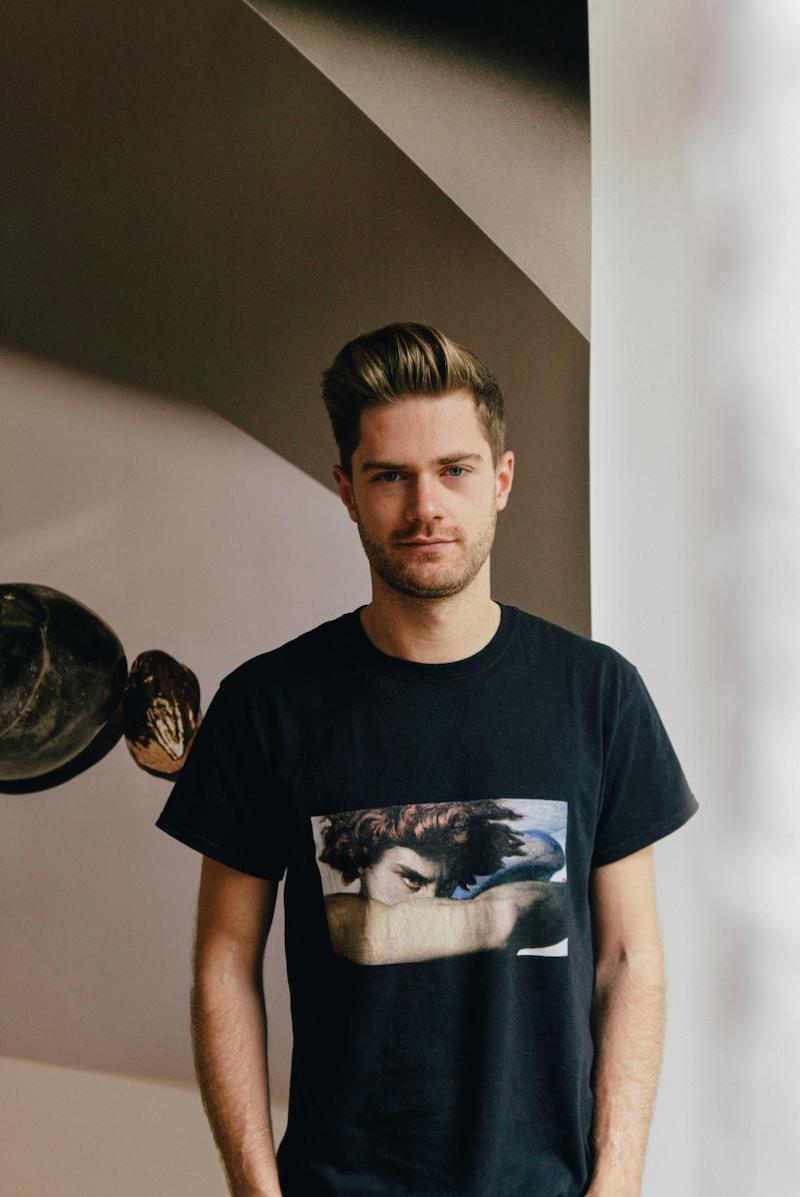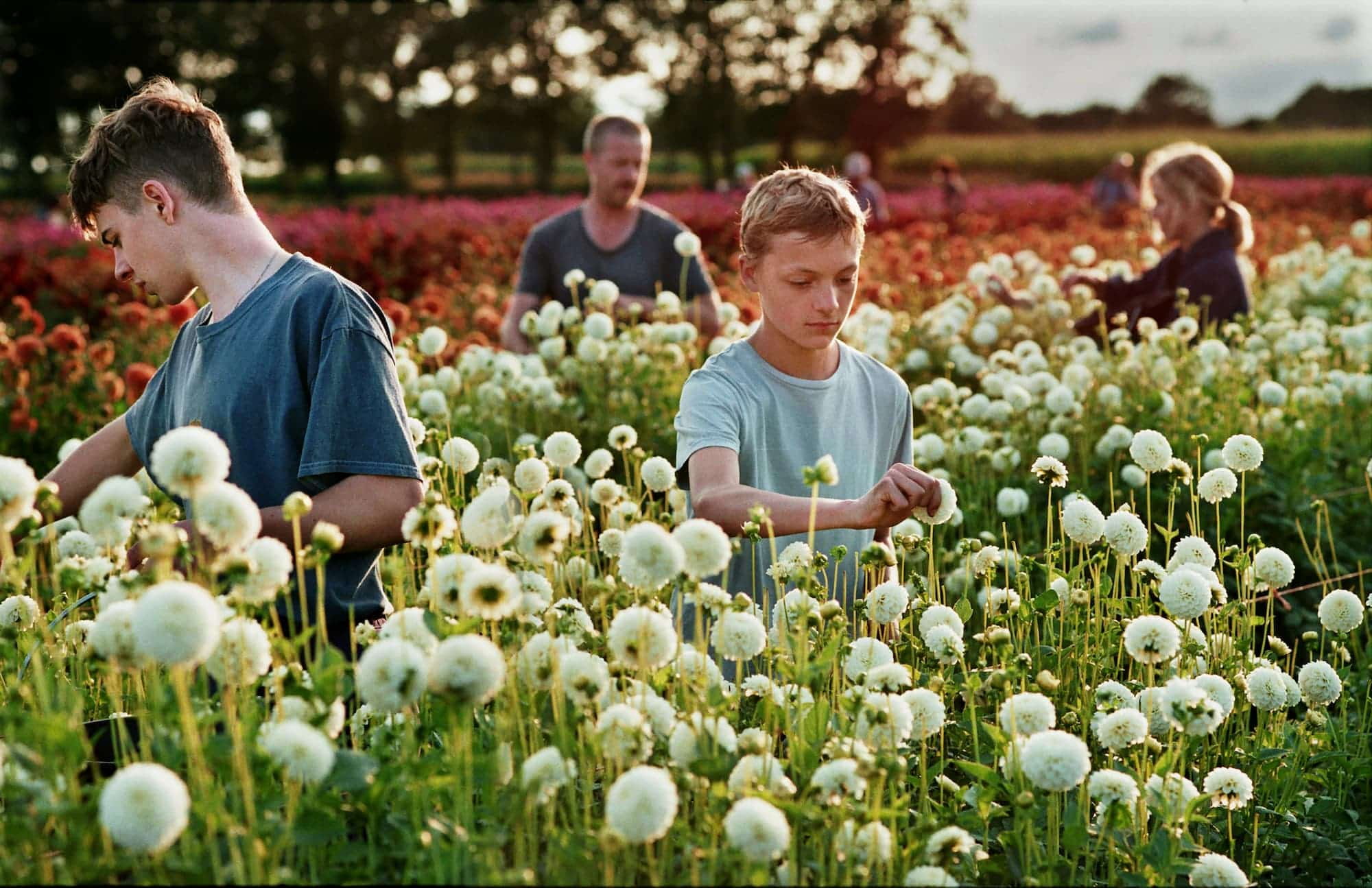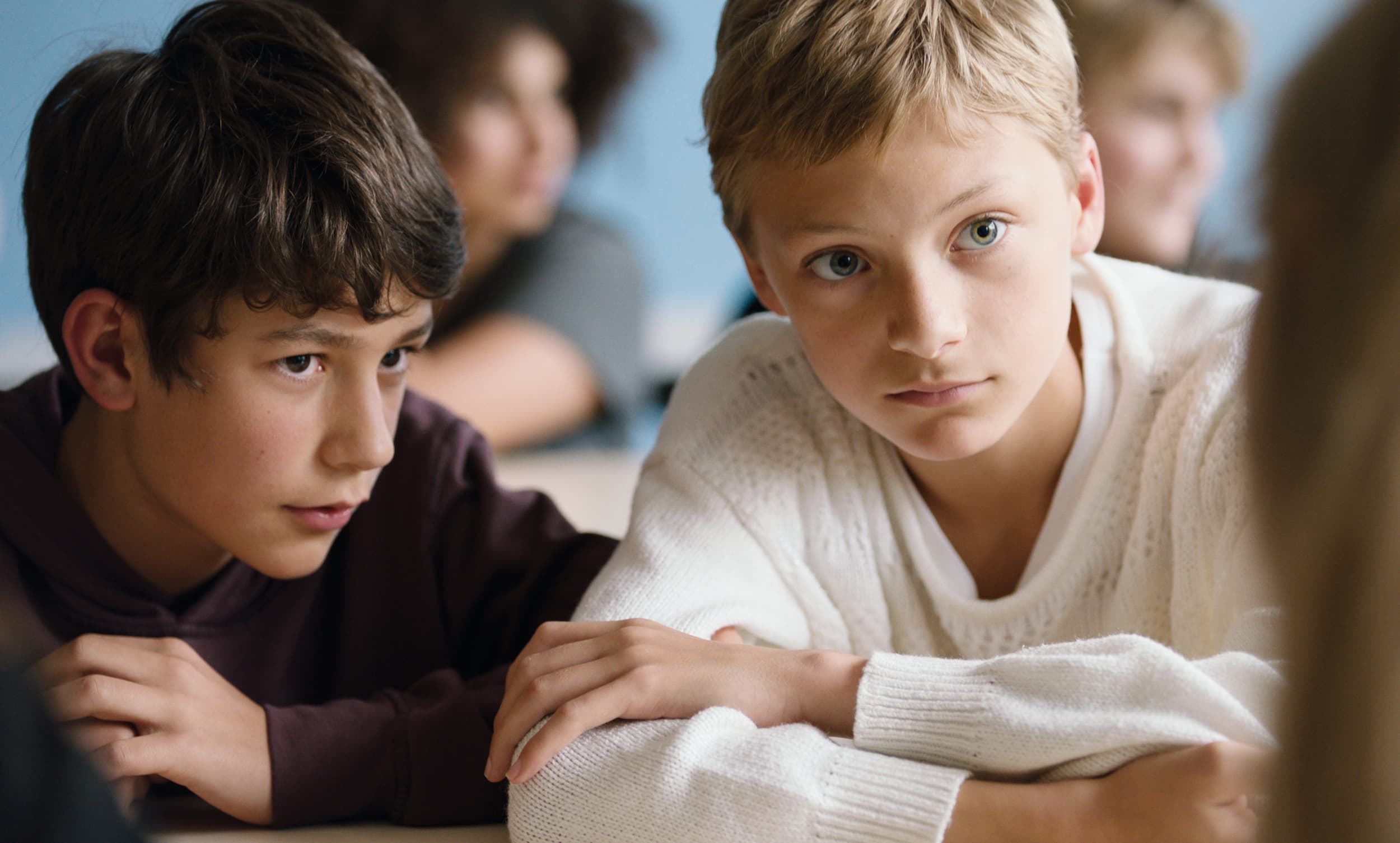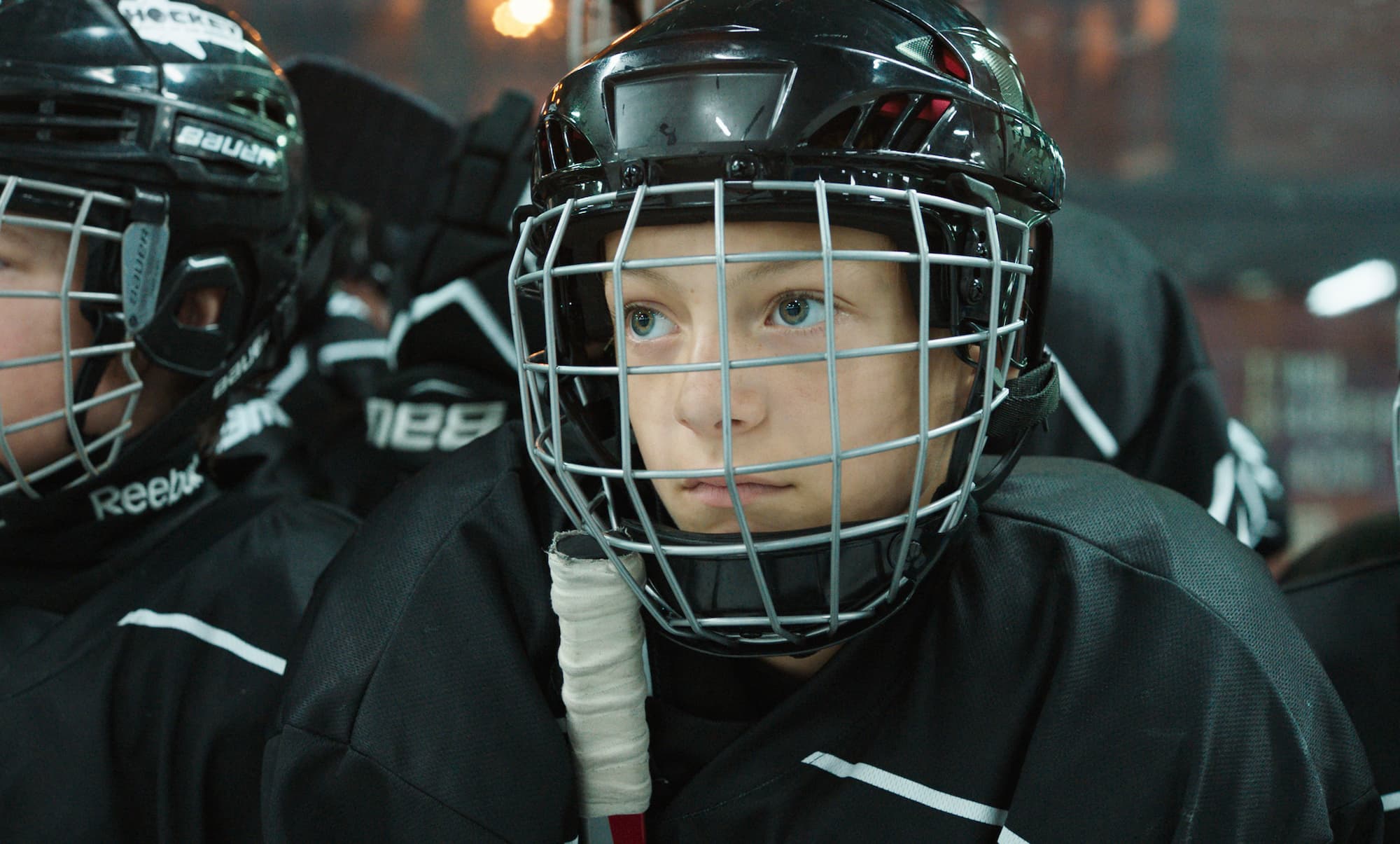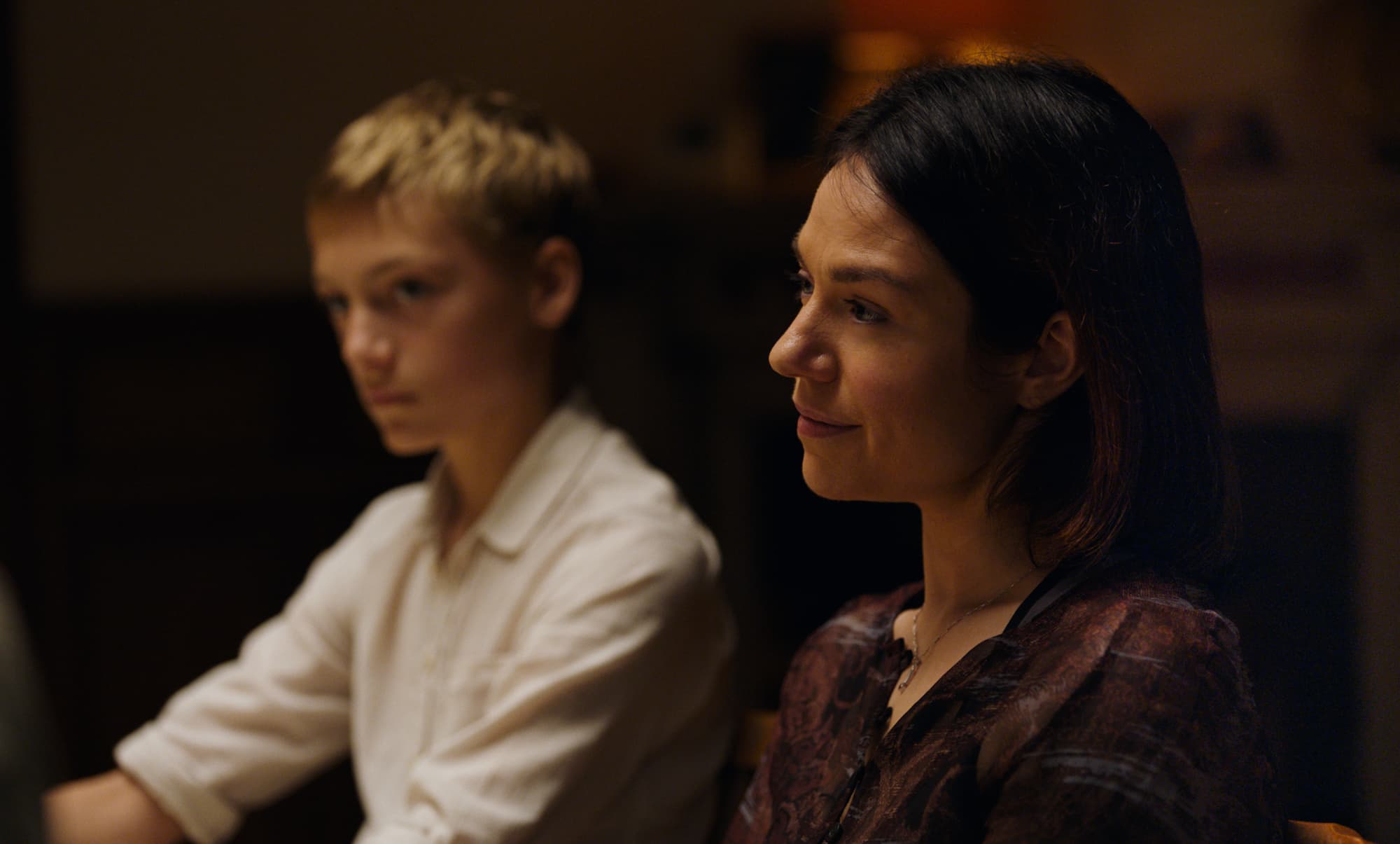Following the glowing reception of your debut film Girl, first in Cannes in May 2018 and then globally, when did you get a chance to start thinking about making your next one?
After Cannes, I toured with the film for about 18 months. We screened it all over - in Toronto, Telluride, Tokyo, you name it. The film was also selected as Belgium's foreign-language Oscar submission, so I spent a long time in the States. As a first experience it was hugely exciting, but also overwhelming. I must have gone through every emotional high and low during that period. When it was time to move on to something else, I had to forget about the film, leave it in the past - like a part of me.
When I finally returned home and sat down in front of a blank page, it was quite a shock. I had to think of a subject that I could talk about just as passionately and in a certain way pick up what I'd started with Girl. I discovered cinema through my mother, who adored the film Titanic, and my subsequent film studies. It didn't take long for me to realise that I wanted to make intimate, personal films. I wanted to try and explore things that were unsettling for me in my childhood and early teens. In Girl, my intention was to discuss identity and the difficulty of being oneself in a society underpinned by social norms, labels, pigeonholes. Girl was also a physical film, one that focused on an external and internal struggle, and I wanted to keep exploring the issue of identity and the conflict arising from how you are perceived by others, a group. Above all, I wanted to speak about a deeply personal subject.
Where did the idea of telling this story of friendship come from?
I explored several ideas, but I was a little lost. Then one day, I went to visit my old primary school in the village where I grew up. The memories came flooding back of going to school at that time, when it was really tough to be my true, unfiltered self. The boys behaved one way, the girls another, and I always felt like I didn't belong in any one group. I started to get nervous about the friendships I had, especially with the boys, because I was effeminate and there was a lot of teasing going on. Having a close relationship with another boy only seemed to confirm the assumptions others had about my sexual identity. One of my former teachers, who is now the headmistress, burst into tears on seeing me. The school reunion was particularly emotional and the memories we talked about weren't all happy ones. Even today I'm still coming to terms with the painful years at primary and secondary school, without wanting to sound overly dramatic about it. So I attempted to write down these sentiments and express something about that world from my own perspective.
I put down a few words on paper: friendship, intimacy, fear, masculinity... and Close emerged from that. The screenplay then began to take shape following conversations with Angelo Tijssens (my writing partner on Girl).
Did you have a tragedy in mind from the get-go?
No, that came later. However, it was my intention to make a film that paid tribute to friends I'd lost touch with, by my own doing because I kept my distance and felt as if I'd betrayed them. It was a confusing time, and I thought it was the best thing to do. In addition, I wanted to talk about losing someone dear and the importance of the time we spend with those we love. The story is essentially based on the rupture of an intimate relationship and the ensuing sense of responsibility and guilt. In some respects it's the start of the journey towards adolescence. I really wanted to speak about that heavy burden we carry when we feel responsible about something but are unable to talk about it. Léo, the lead protagonist, is dealing with this feeling brought on by the loss of a very close friendship that defines his identity; I wanted to show on screen what it is that breaks his heart.
How did you develop the characters of Léo and Rémi, the two boys at the centre of Close?
I feel that in a way I'm both Léo and Rémi. There's a piece of me in each character. First, we determined the age of the actors, a very precise moment between childhood and adolescence: the start of secondary school, the onset of questions about sexuality, physical changes, one's relationship with the world and how these things evolve.
The book Deep Secrets by psychologist Niobe Way, in which she studies 100 boys aged 13 to 18, was a major source of inspiration for me. At age 13, the boys talk about their friends as if they are the people they love most in the world, to whom they can pour out their hearts and open up. The author describes how every year she would meet up with each boy and observed how, as the years passed, the boys increasingly struggled to bring up the notion of intimacy with their male friends. This book helped me to understand that I wasn't the only young gay boy who grew up struggling with the intimate aspect of friendship.
Regarding the main character Léo, I wanted him to be fearful of how the others might perceive their friendship as something sexual. His friend Rémi is dealing with the same judgements, but he doesn't care and does nothing to change his behaviour. Léo is hugely important to him; he loves him deeply and doesn't understand his change of attitude. There's something of me in both characters, although the way I tend to see things is more pronounced in Léo. Rémi, on the other hand, represents those people who tried to stay true to themselves.
There is a sense of continuity between Girl and Close in terms of mise-en-scène and the aesthetic, the way in which your films always seems to feel choreographed. Are body and movement central to your work?
Yes, I think so. I realised it during my film studies. While all the other students were doing work placements on film productions, I did internships with choreographers. If I'm honest, I didn't want to become a director, my ambition was to be a dancer. But I gave up that dream when I was 13 because I was ashamed. When I used to dance, I felt judged, and I didn't have the strength to not give a damn what others thought. However, when I was dancing I got to express myself, to be truly myself. That whole experience left almost a physical wound, but despite all of that I've always remained close to choreographers and dancers. Writing gave me another way to channel this desire. I realised that I find it harder to express myself through words than movement and dance. I'm just as interested in the movements of my characters as my own. This is only my second film, so I'm questioning myself more, and I believe that my films incorporate movement as my means of communicating. When I write, the words often translate into corporeal intentions. In Close, I wanted the boys to be as close as possible in the bed. These are images we rarely get to see. This closeness between two boys is almost alien to us. There's also a fight scene, a hand-to-hand struggle that is practically iconic in queer language. The sense of accountability central to the film is also something extremely physical, like an internal burden. I was drawn to ice hockey for what it represents in terms of masculinity and brutality. In the second half of the film, we see that it gives Léo a reason to wear a helmet, a wire cage covering his face. This costume was interesting because it encloses, masks, weighs down on a person's movement. To my mind, movement is always there at the start of my writing. In my films, I love to communicate through visual movements and even through sound.
How difficult was it to find the two young actors?
Call it fate or luck, but soon after writing the film's first scene I met Eden (who plays Léo) on train going from Antwerp to Ghent. He was chatting with his mates, and I could tell he had something incredible, an acutely expressive quality. I spoke to him and invited him to audition for the part. He recognised me because he went to the same dance school as Victor Polster (who played the lead in Girl). We met a lot of kids during the course of the casting process. We selected 40 and had them audition in pairs. There were some amazing combinations, but when we saw Eden and Gustave (who plays Rémi) play opposite each other, we knew they had a special connection. They managed to dive into the emotion of the scenes but then quickly snap out of it. They were childlike and yet approached their roles with maturity. It was a fantastic pairing.
How did you form these two families, and why did you choose the setting of the countryside and flower fields?
I come from a small village in the middle of the countryside, twenty minutes from Ghent. That is the world I grew up in, running through the fields. The flower farm is based on the one in my village. I felt it was important that the flower fields conveyed a fragility that contrasts with the world of ice hockey. Léo's family works in this colourful environment that projects a particular notion of childhood, and it is a landscape that changes with the seasons. When autumn comes, the flowers are cut, which is quite a violent act, and the colours disappear. The change of season also creates a clear break between the colours of childhood and the earthy brown and black tones. I was keen to emphasise these contrasts to convey a child's grieving process. After winter, the flowers are replanted and the colours return, heralding hope and the promise of life going on. We wrote the final scene very early on because right from the start we wanted to use colour as an aesthetic device. Regarding creating the families, it all sprang from a single image I had in my mind early on in the process: a mother and child in a car, the child unable to express what he is feeling. The scene was still rather hazy in my mind, but I knew there had to be a degree of tension. I remember when I was young watching the horror film The Good Son, which stars Macaulay Culkin as a boy with psychopathic tendencies. This film inspired me and gave me the idea for the character of Sophie, Rémi's mother, and also Léo's mother, starting from the premise that one of them is privy to their friendship since it's at her house that the two boys hang out, while there is more distance with the other. The character of the older brother is really meaningful to me, particularly in the second part of the film.
The two mothers are both written as rather reserved characters. Émilie Dequenne and Léa Drucker play strong women who remain stoic while it's a father that we see fall to pieces when tragedy strikes. How did you develop these characters, especially with the two actresses themselves?
There's that dinner scene which is pivotal, and we thought it would be interesting for one of the fathers to lose control emotionally. I saw Léa Drucker in Jusqu'à la garde. She's an authentic actress who I find incredibly touching. I met her in 2019 at the César Awards. She came across as so kind, so sweet, and then she went up on stage and delivered that powerful acceptance speech! I knew I really wanted to work with her. When we picked Eden to play Léo, I immediately spotted the resemblance and a natural elegance they both have in common. It was the ideal moment for us to team up.
I find Émilie Dequenne tremendously moving in every performance she gives. She radiates great humanity and immerses herself completely in the roles she plays.
Over the three years it took to write the screenplay, I met lots of mothers who had lost a son. One of them - with whom I would often go walking and who confided in me a great deal - wrote an extraordinarily open letter about how she felt following her son's death. This letter described how she felt imprisoned by her sense of accountability and her failure to grieve. This was very similar to Léo's story; there's a clear parallel. In films, we are used to seeing women cry and scream in pain, but here, everything was internalised. I felt a connection with the personal account from that mother, and this was the key for unlocking the character played by Émilie who is adept at expressing strong emotions. Yet throughout the shoot, I asked her not to show anything, to keep everything in. I am extremely proud of her performance because I get the impression that she conveys so much beneath the surface but without ever descending into pathos. She taught me a great deal about directing actors, she understood the slightest nuance, she's amazing! And because she started out at a very young age in the film Rosetta, she knows how it feels to be a young teenager on a film set, so she was brilliant at guiding our young actors. She helped me no end with directing Eden in the scenes they shared, and I am truly grateful to her for that.
You mentioned earlier in this interview how you had trouble letting go of your first film, but you don't seem to have let go of your crew, and many of them also worked on Close...
We have the same co-screenwriter, director of photography, editor, score composer, sound engineer... It was really important for me, almost a no-brainer. I'm proud of what we achieved with Girl, which is also a sort of documentary about our group, about all of us. I felt less secure when making this second film. The first time round, I didn't know anything about the film industry; I'd never met a journalist or showed a film to an audience, so there was hardly any pressure. Someone once explained this feeling to me very well: when you parachute for the first time, you jump because you have no idea what's coming. The second time, you're far more scared because you do know. That's why it was really important for me to be surrounded by my ‘film family' for this second film, with a team I could trust implicitly, people who are my friends in life and who allow me to make mistakes. These bonds nourish our collaboration.
Was title of the film, Close, intended to imply both intimacy and confinement?
My decision to call the first film Girl was a statement I felt I had to make. As for Close, it was a word that frequently cropped up in the book Deep Secrets: ‘close friendship’. It's an unavoidable word when describing the intimate relationship between these two boys. It's this scrutinised intimacy that is the catalyst for the film's tragic events. When we lose someone, we try to seek intimacy with the person who's gone. We are thrown into a kind of philosophical struggle. The word just as easily conjures up the notion of being confined, of wearing a mask, the inability to be yourself.
The first proposal for the film's title - We Two Boys Together Clinging - is the title of a David Hockney painting inspired by a poem by Walt Whitman and representing the brotherhood between two men. ‘Clinging’ is a particularly expressive word for the desire to hold on tightly to someone.

